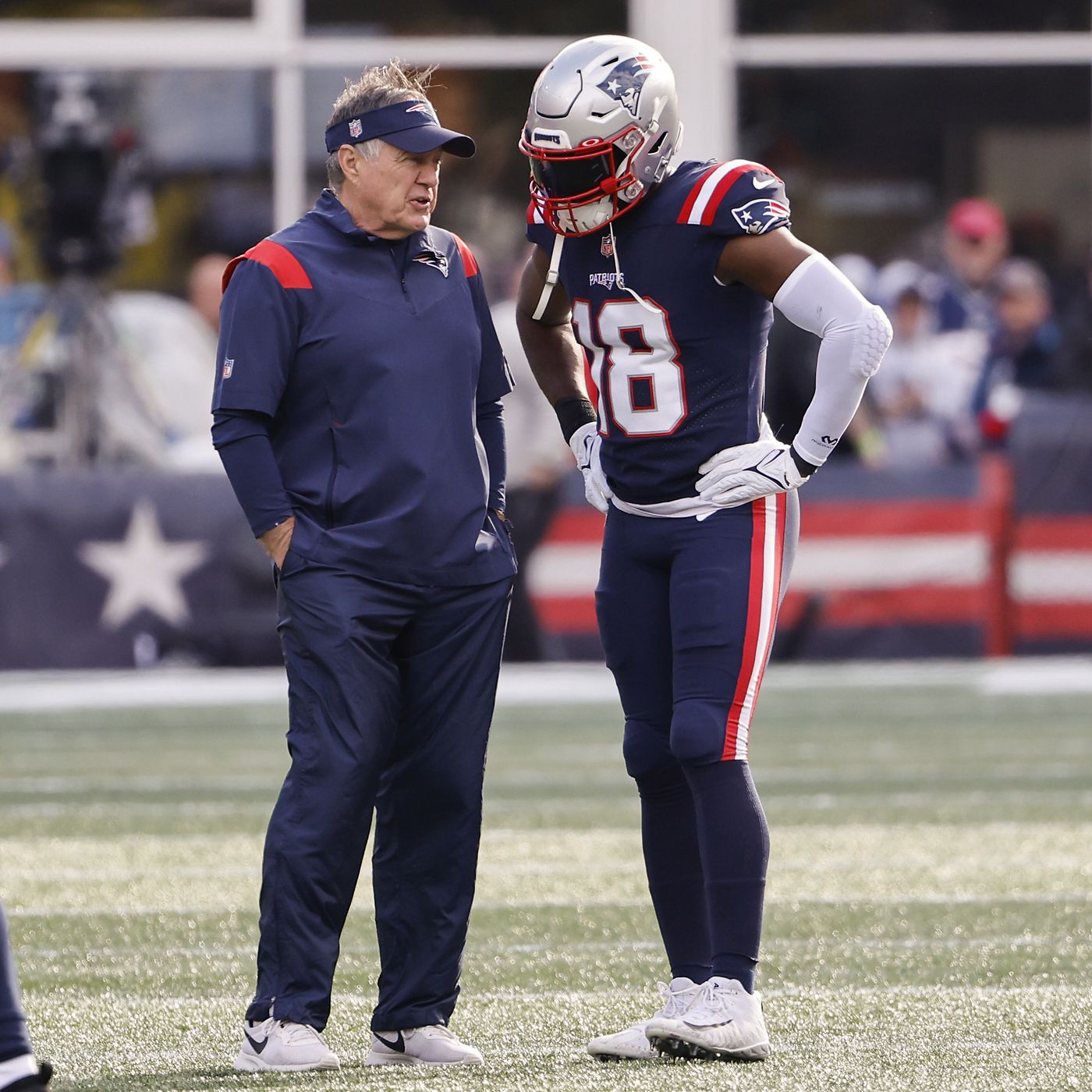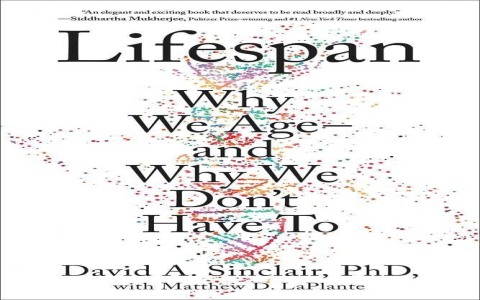Alright, let’s talk about this thing called the “matthew slater contract”. It popped up on my radar a while back, maybe a year or two ago? I was catching up with an old work buddy, Dave, and he mentioned using something like it for a freelance gig he was doing. Sounded kinda formal, kinda official, you know?

So, naturally, I got curious. First thing I did, hopped online, typed it in. Didn’t find a single, official “Matthew Slater Contract” template waiting for me. Nope. Found some discussions, bits and pieces, forum threads. Seemed less like a rigid legal document and more like… well, more like a set of ideas or principles for agreements, especially in groups or maybe for projects where things are a bit more fluid than your usual corporate deal.
My First Attempt
I had this small project going with a few neighbours, trying to manage a shared tool library we were setting up in the community shed. Nothing major, just lawnmowers, drills, that kind of stuff. We needed some ground rules, like who fixes things, how long you can borrow stuff, basic things. Standard contracts felt like overkill, honestly. Too much jargon, too stiff.
Remembering Dave’s comment, I thought, why not try drafting something based on those “Slater” ideas I read about? So, I sat down with a blank document. My goals were:
- Keep it simple. Plain English, no lawyer-speak.
- Be clear about expectations. What does everyone agree to do?
- Focus on fairness. How do we handle costs, repairs, etc.?
- Figure out disagreements. What happens if someone breaks a tool or doesn’t return it?
Putting it together was… interesting. I focused on making it sound like a conversation, like promises we were making to each other. For the disagreement part, instead of legal threats, I suggested we just sit down, maybe bring in Sarah from down the street who everyone trusts, and talk it out. Seemed more practical for neighbours, right?
How It Went
I shared the draft. Got mixed reactions. Some folks liked how easy it was to read. Others were like, “Is this even a real contract? What if someone ignores it?” And that was the core of it, wasn’t it? It probably wouldn’t hold up strongly in court, not like something a lawyer drafts.
But here’s the thing I realized: The power wasn’t necessarily in the legal teeth. It was in the process. We actually talked through the points. We tweaked the wording together. It became our agreement, not some template I downloaded. It set expectations clearly from the start.
We ended up using a version of it. Did it solve every problem? Nah. We still had a couple of hiccups. But having those simple, written points we’d all discussed made sorting things out way easier. It was a reference point built on mutual understanding, not fear of lawyers.
So, yeah. My experience with the “matthew slater contract” idea wasn’t about finding a magic document. It was more about embracing the spirit of it – clear, simple, human agreements made collaboratively. It’s more a way of thinking about contracts than a specific template, at least for me. Worked for our tool library, anyway. Might not work for closing a multi-million dollar deal, but for everyday stuff? Pretty useful way to approach things.














